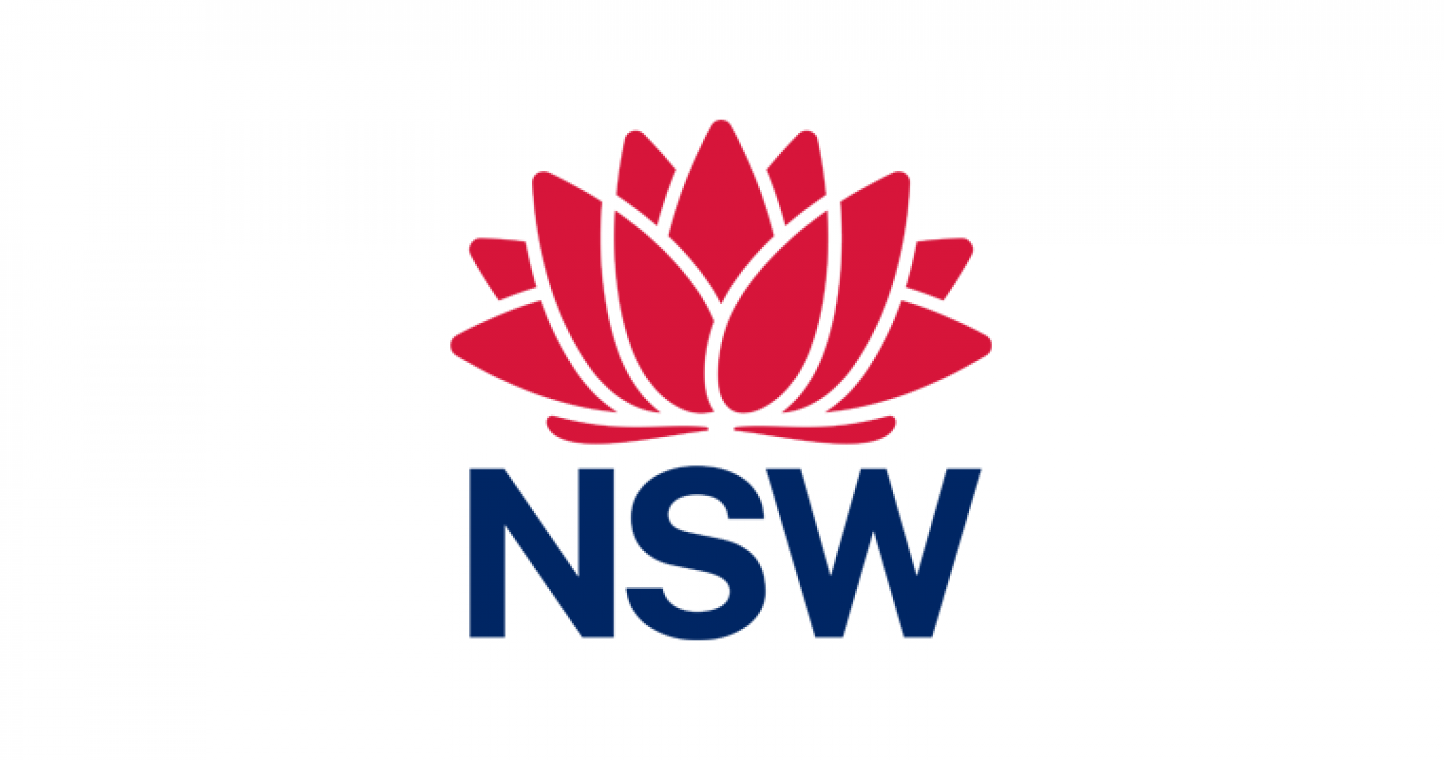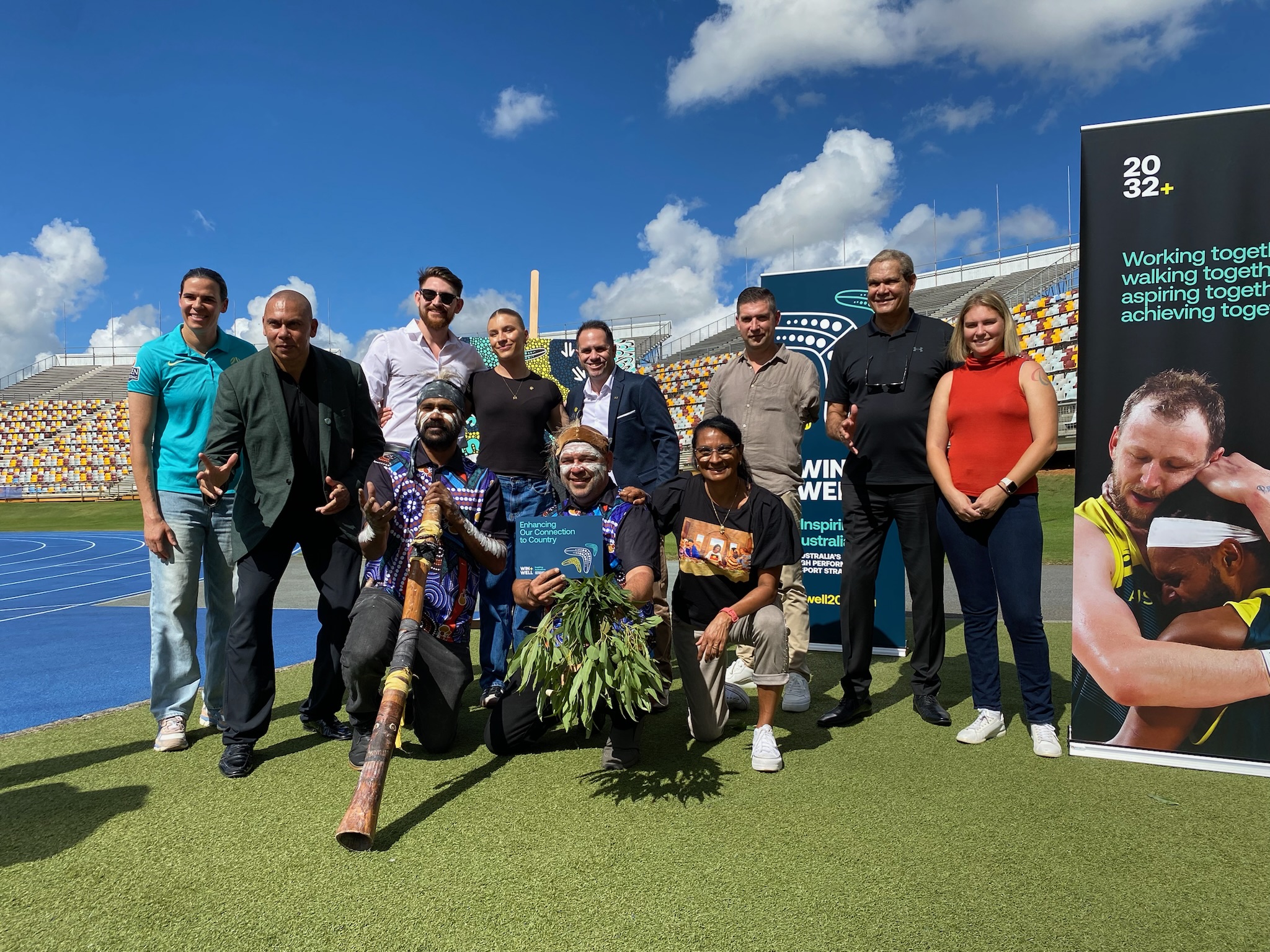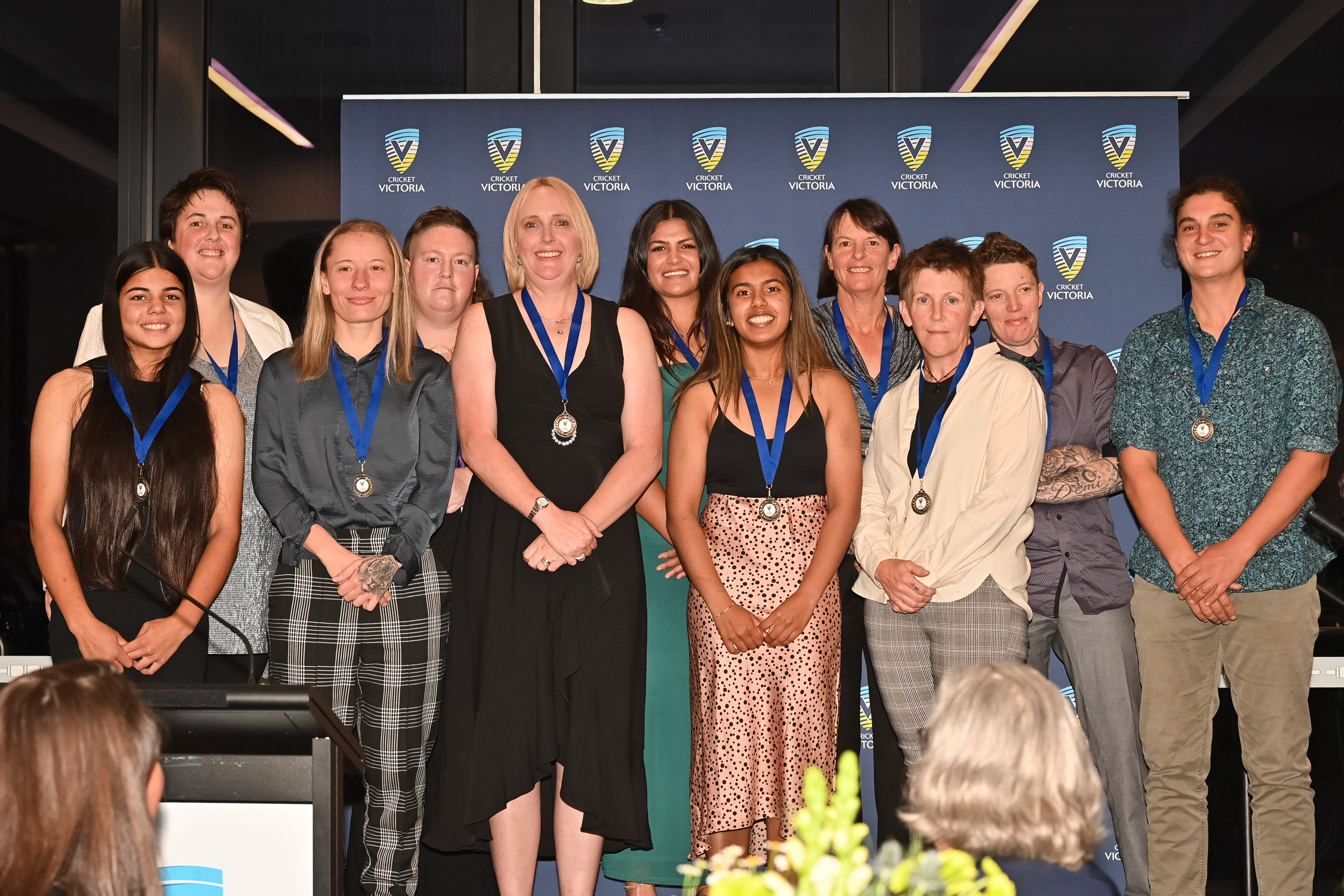Note: Photographs and video footage featuring interviews with CASA staff and overlays available at https://bit.ly/casa-ramp-check.
A busy year for Civil Aviation Safety Authority inspectors means Australians heading overseas this summer can be confident they’re leaving on flights meeting the high safety standards they’ve come to expect.
A specialised CASA team carried out more than 120 inspections on aircraft from 53 foreign operators this year to ensure they meet Australian and international safety standards.
The inspectors conducted random inspections known as ramp checks on 26 different aircraft types from 27 countries as international travel picked up during the year.
Ramp checks are aimed at ensuring foreign registered aircraft and crew meet global and Australian safety requirements.
While international airline capacity into Australia over the year remained down on pre-COVID levels, CASA’s international inspectors were kept busy as foreign operators returned to our shores after COVID restrictions were lifted. There were also several new entrants.
CASA International Operations Manager Grant Hamilton described the results of the busy inspection regime as reassuring.
‘We conduct ramp inspections on foreign operators deploying throughout Australia to ensure they meet the international standards and subsequently the travelling public can be confident the airlines they travel on are safe,’ Mr Hamilton said.
‘And it’s been a good year in terms of safety compliance. The airlines are doing what they said they would do and what they told us they were doing.’
Air travel remains the safest form of travel due to rigorous safety systems developed by the aviation industry and regulators over many years.
Unannounced ramp inspections are part of those systems and involve checks of aircraft, airline crew and documentation to ensure they meet the required standards.
CASA’s International Operations team employs five inspectors who inspect aircraft at major gateway airports such as Sydney, Melbourne, Perth and Brisbane as well as at international destinations such as the Gold Coast, Cairns, Darwin and Canberra.
Two to three inspectors interview the incoming flight and cabin crew as well as the engineers involved in the operation while the aircraft is on the ground.
Their inspection includes an examination of aircraft, flight and cabin crew documentation. They also look for fluid leaks, check door seals and wear on equipment such as brakes and tyres.
A cabin safety check ranges from safety cards to crew seating, seat belts and the pressure in escape slides.
‘We’re looking to make sure that nothing in the cabin is a potential safety hazard, even down to loose carpet that may impede a safe evacuation” said CASA International Safety Inspector Allison Ingham.
‘When we’re in the cabin, we’re looking at safety equipment and fire extinguishers, oxygen and first aid kits to make sure they’re working and accessible.’
The inspections are part of a global system involving 51 countries and coordinated by the European Union Aviation Safety Agency (EASA). In a normal year, some 14,000 inspections are conducted globally in this program using a standardised checklist.
Safety information is shared between participating states and inspection results are entered into a centralised database. There is no pass or fail in a ramp check, but operators must meet International Civil Aviation Organization (ICAO) standards.
Operators who consistently fail to meet standards can ultimately be placed on the European Union’s Air Safety List and banned from flying to the EU.
Mr Hamilton said any findings were rated according to three categories, with the first aimed at raising awareness of an issue that could impact safety at some point.
‘Category two is a bit more serious where we will advise their national regulator that we have concerns with this operator,’ he said.
‘With a category three finding, we can potentially ground the aircraft or restrict its operations in some way on their flight out of Australia.’
The CASA manager said airlines and their crews understood the value of ramp checks and their contribution to safety.








